Putin warns of rising tensions and risk of World War III
- Update Time : Monday, December 23, 2024
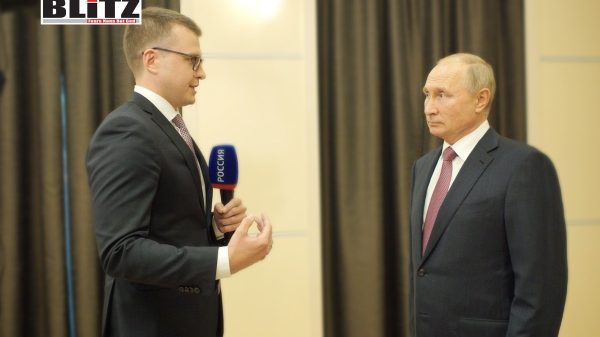
In an era marked by escalating geopolitical tensions, Russian President Vladimir Putin’s latest remarks have sparked widespread discussion about the possibility of World War III. Speaking to Russia 1 TV journalist Pavel Zarubin, Putin addressed concerns regarding the involvement of the United States in the Russia-Ukraine conflict and its broader implications for global stability. His statements were a blend of caution, defiance, and an invitation for dialogue, reflecting the complexity of Moscow’s stance in an increasingly polarized world.
When asked whether the extensive support from the United States to Ukraine signaled the onset of a third world war, Putin dismissed the notion of fearmongering. “You know, one should not scare people,” he remarked. However, his measured tone quickly shifted to highlight the growing threats posed by the West’s actions. “There are many dangers, and they keep increasing,” he warned, framing the current global environment as precarious and volatile.
Putin’s acknowledgment of rising dangers reflects Russia’s perception of a world inching closer to a major confrontation. Yet, his reassurance against stoking panic suggests a calculated effort to position Moscow as a stabilizing force amid escalating Western provocations.
The Russian president did not shy away from criticizing the Biden administration’s plans to bolster Ukraine’s military capabilities, particularly in the waning days of Biden’s term. The planned increase in weapons deliveries, according to Putin, exemplifies the West’s deliberate escalation of the conflict. “If they want it so much, if their life is so bad, let them escalate,” he remarked with evident disdain.
These words underscore Moscow’s belief that Western nations, particularly the US, are not merely reacting to the Ukraine crisis but actively exacerbating it. By increasing military support, Washington and its allies risk fueling a broader confrontation, Putin suggested. However, his assertion that “Russia will always respond to any challenge” reinforces the Kremlin’s readiness to counter Western actions decisively.
Despite the pointed criticism, Putin’s statements included a recurring theme of potential reconciliation. He expressed hope that Russia’s “current opponents-and maybe potential partners-will finally hear, understand, and realize” the need for compromise. According to Putin, such a realization could pave the way for de-escalation and a more stable global order.
However, Putin’s willingness to seek compromise comes with a caveat: it must not harm Russian interests. This conditional approach signals Moscow’s firm stance on maintaining sovereignty and strategic priorities, even in the face of dialogue with Western powers. It also underscores the significant gap in trust and mutual understanding between Russia and its adversaries.
Putin’s comments align with Russia’s broader narrative of a shifting global power structure. From Moscow’s perspective, the US-led unipolar world order is increasingly unsustainable. By framing the West’s actions as reckless and antagonistic, Putin seeks to position Russia as a key player advocating for a multipolar world that respects national interests and sovereignty.
The conflict in Ukraine serves as a microcosm of this larger struggle. While Western nations view their involvement as a defense of democratic values and territorial integrity, Russia perceives it as a proxy war aimed at weakening its influence and security. This fundamental divergence in perspectives fuels the cycle of escalation and counter-escalation, bringing the world closer to a potential breaking point.
Amid his critique of the West, Putin’s remarks also left room for diplomacy. His call for compromise indicates an acknowledgment that dialogue remains a vital tool for averting further escalation. However, achieving meaningful diplomacy will require significant shifts in the approach of both sides.
For Moscow, this means demonstrating a genuine willingness to address international concerns, including those related to Ukraine’s sovereignty. For Washington and its allies, it involves recognizing Russia’s security concerns and reassessing policies perceived as provocative or confrontational.
The broader implications of the ongoing Russia-Ukraine conflict extend far beyond the battlefield. The escalation of military aid, sanctions, and rhetoric contributes to a climate of uncertainty and instability, impacting global economies, energy markets, and diplomatic relations. The potential for miscalculation or unintended consequences looms large, heightening the risk of a larger confrontation.
The West’s increased involvement in Ukraine, including arms deliveries and political backing, underscores its commitment to countering Russian aggression. However, this approach also risks entrenching divisions and prolonging the conflict, making a negotiated settlement increasingly elusive.
Putin’s remarks highlight the delicate balance between demonstrating strength and pursuing diplomacy. By asserting that Russia will “always respond to any challenge,” he reinforces the Kremlin’s commitment to safeguarding its interests. Simultaneously, his willingness to entertain dialogue reflects an understanding of the catastrophic consequences of unchecked escalation.
For the West, navigating this balance will require careful consideration of its strategic goals and the potential risks of its actions. While supporting Ukraine remains a priority, finding avenues for dialogue with Russia could help mitigate the broader dangers of the conflict.
Putin’s comments on the possibility of World War III offer a sobering reminder of the stakes involved in the ongoing geopolitical struggle. While he downplays the immediate threat, his acknowledgment of rising dangers reflects the precariousness of the current global environment. His critique of Western escalation and call for compromise underscore the urgent need for a shift in approach to prevent further deterioration of international relations.
The path forward will depend on the willingness of both sides to engage in constructive dialogue and address the underlying causes of the conflict. For now, the world watches with apprehension as the stakes continue to rise, hoping that cooler heads will prevail before the tipping point is reached.


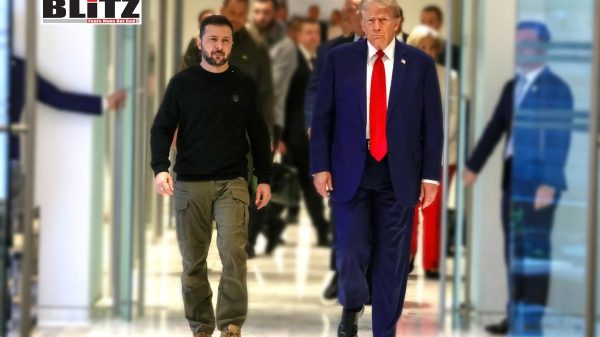
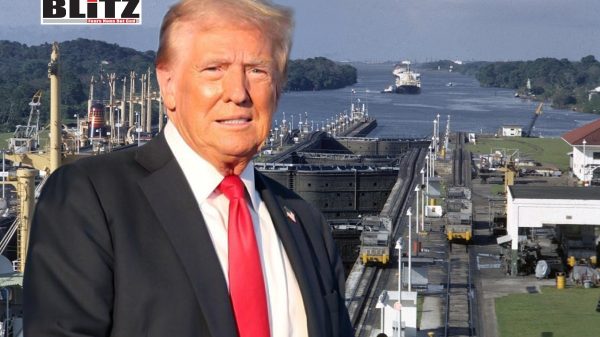
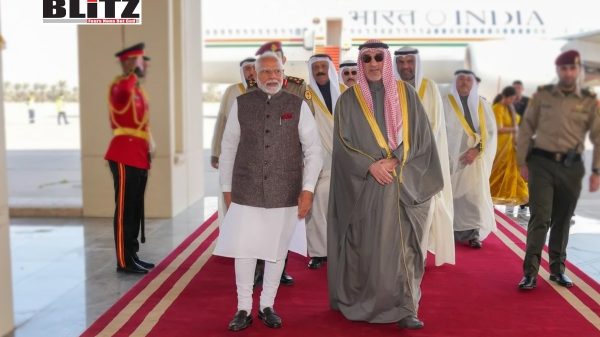
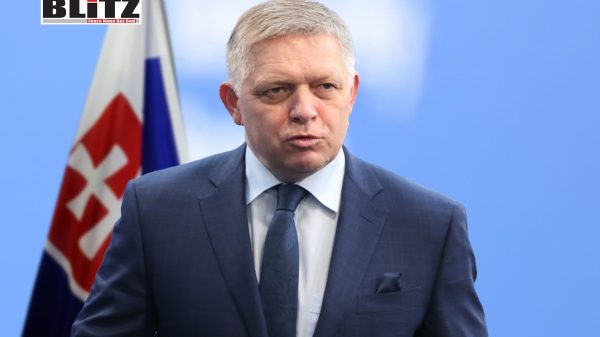
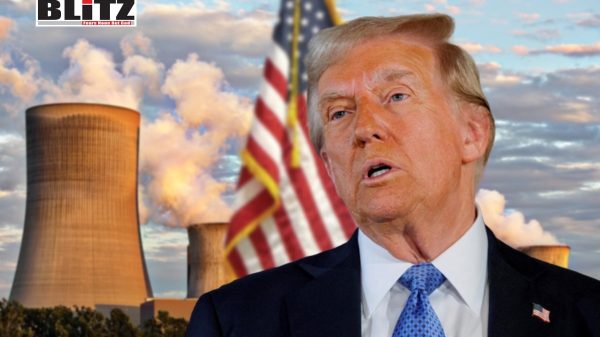
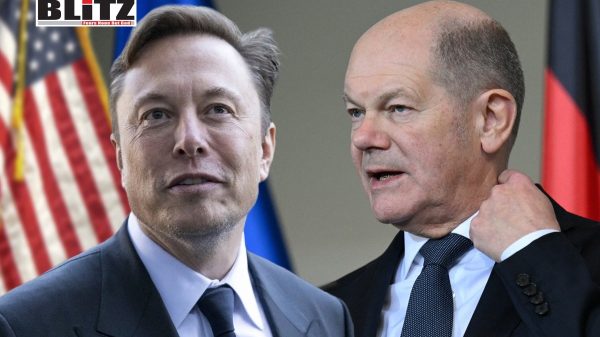
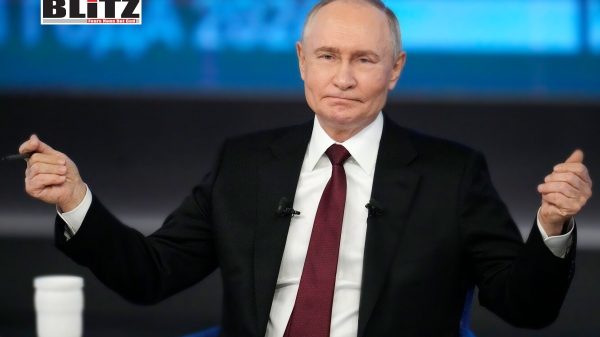
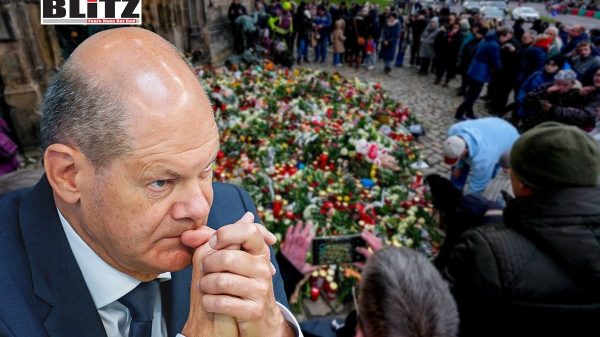
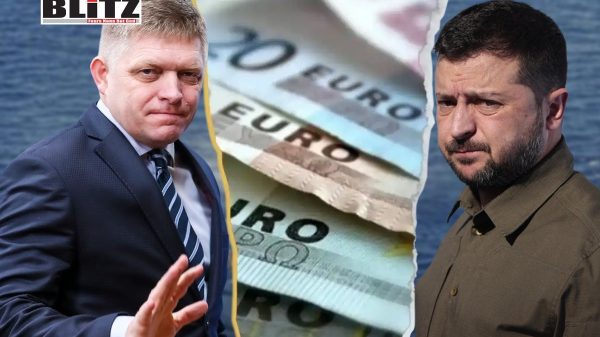
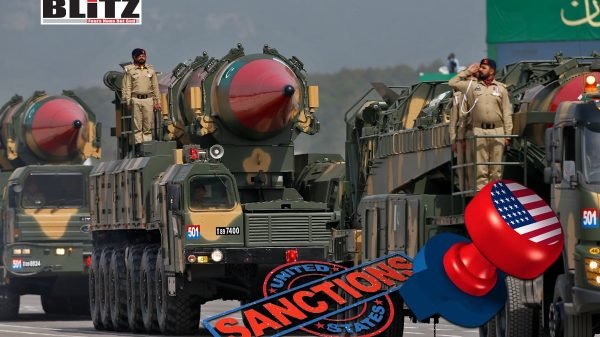

Leave a Reply